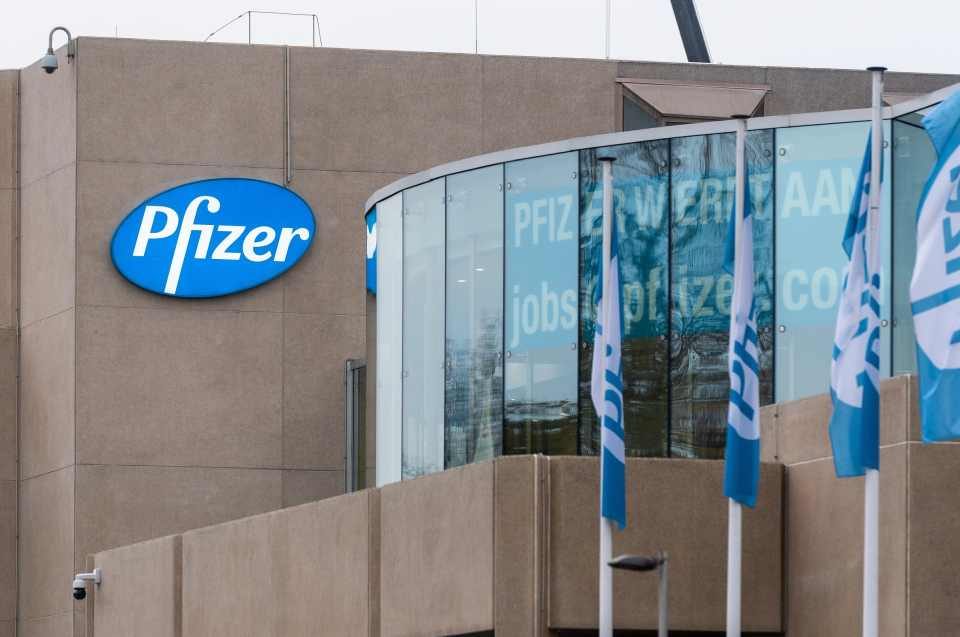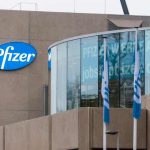Pfizer acquires cancer treatment biotech firm Seagen for $43 billion

Pfizer has acquired Seattle-based cancer treatment biotech firm Seagen for $43 billion. In an announcement on Monday, Pfizer CEO Albert Bourla said the acquisition will enable the pharmaceutical giant to deliver Seagen’s cancer therapy to the world “at a scale that has not been seen before.”
The transaction is expected to complete later this year or in early 2024, the two companies said in a joint statement. “Pfizer is deploying its financial resources to advance the battle against cancer,” said Pfizer CEO Albert Bourla. “Oncology continues to be the largest growth driver in global medicine, and this acquisition will enhance Pfizer’s position in this important space,” Bourla added.
According to the American Cancer Society, 1 in 3 people will develop cancer during their lifetime. That is why nothing is more personal, or more urgent than our goal to find cures for these deadly diseases, Pfizer wrote on its website
“Pfizer is deploying its financial resources to advance the battle against cancer, a leading cause of death worldwide with a significant impact on public health,” said Dr. Albert Bourla, Pfizer Chairman and Chief Executive Officer.
“Together, Pfizer and Seagen seek to accelerate the next generation of cancer breakthroughs and bring new solutions to patients by combining the power of Seagen’s antibody-drug conjugate (ADC) technology with the scale and strength of Pfizer’s capabilities and expertise. Oncology continues to be the largest growth driver in global medicine, and this acquisition will enhance Pfizer’s position in this important space and contribute meaningfully to the achievement of Pfizer’s near- and long-term financial goals.”
Founded in 1997 by Henry Perry Fell, Jr. and Clay Siegall, Seagen (also known as Seattle Genetics) is a leading biotech firm in the research, development, and commercialization of cancer treatments. Seagen is a pioneer in ADC technology, with four of the twelve total FDA-approved and marketed ADCs using its technology industry-wide. ADCs are a transformative modality that is emerging as a powerful tool across a broad range of cancers designed to preferentially kill cancer cells and limit off-target toxicities.
Seagen is a leading developer of medicine called antibody-drug conjugates, which are designed to directly kill cancer cells and spare healthy ones. Bourla called ADCs “one of the greatest technologies to battle cancer” and likened them to mRNA for vaccines.
For now, Pfizer Oncology has a portfolio of 24 approved innovative cancer medicines that generated $12.1 billion in 2022, it said. The deal with Seagen would double Pfizer’s early-stage oncology clinical pipeline, the pharmaceutical firm added.
“The addition of Seagen’s world-leading ADC technology will position us at the forefront of innovative cancer care,” said Chris Boshoff, Pfizer’s chief development officer of oncology and rare disease.

